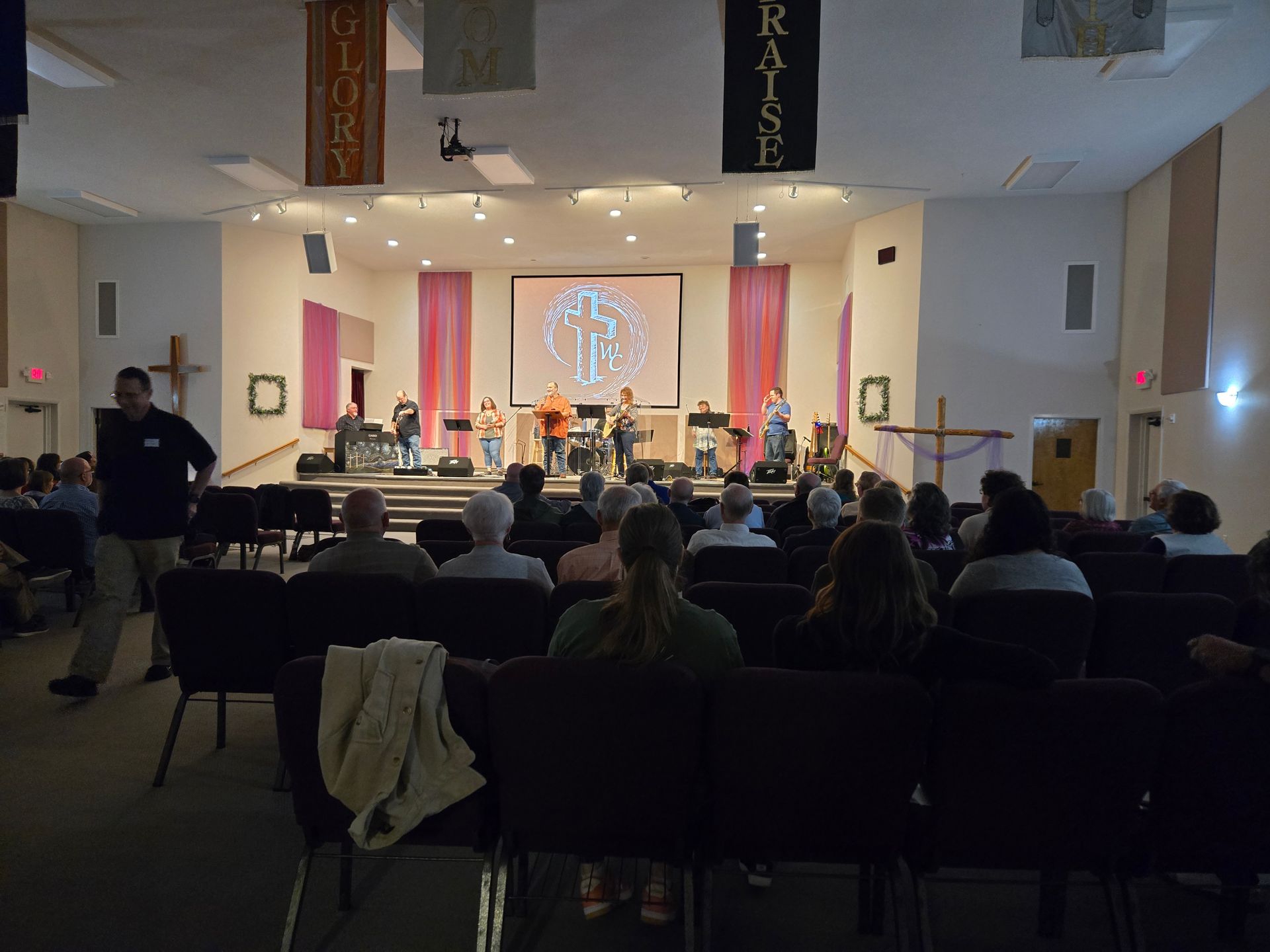Four Months Until Harvest
This article originally appeared on MissioChurch.com. Jeremy McClung is a graduate of McMaster Divinity College, and pastor of Muskoka Community Church
The little church where I first met Jesus is no longer in existence. Its building now houses a beer brewery and arts center. While some might argue this is an improvement, I think it is a warning and a clear sign that we are living in a strange new world where what used to work in church and ministry is no longer effective.
Scholars call this “Post-Christendom,” a new reality in which church has moved from the center of society to the margins, and where a Judeo-Christian heritage or belief in God can no longer be assumed. The widening gulf between a biblical worldview and that of society, in general, creates tension and friction on both sides. Increasingly Christians find themselves “at odds” with the world around them—they don’t like us, and we don’t like them.
How does this make you feel? For many Christians, this leads to a sense of rejection, defensiveness, anxiety, confusion, awkwardness, anger, discouragement, and feeling out of place in what we perceive to be a hostile environment.
I would imagine that is how Jesus’ disciples felt when he led them through Samaria on the way back to Galilee from Judea. Out of place. Awkward. In a hostile environment, with a general sense of dislike and distaste directed toward them (and an awareness that the feeling was mutual, “for Jews do not associate with Samaritans”). The norm for religious Jews would have been to take a long way around and avoid Samaria altogether, but for some reason, Jesus “had to go through Samaria” (John 4:4).
Of course, if you’re familiar with the story, Jesus strikes up a conversation with the most unlikely person: a Samaritan woman who had lived a somewhat morally questionable life. In a short dialogue next to the town well, he offers to quench her spiritual thirst, he answers her hot-button theological question, he reveals himself as Messiah. What stood out to the woman, though, was that “He told me everything I ever did,” (vv. 29, 39) and it is this testimony that sparks interest among the rest of the town, who ask him to stay for two more days and eventually become believers themselves.
And so a church came to be planted in Sychar in Samaria. Maybe not a church as we would think of it today, or even as it would take shape in the book of Acts. But a rudimentary, primitive form of church nonetheless, a community of people who believed Jesus was the Messiah.
And this is why and how churches continue to be planted today—because Jesus is still having conversations with the most unlikely people, even before we get there. He explains to his disciples, who are “surprised” to find him in this dialogue with a woman: “My food is to do the will of him who sent me and to finish his work. Don’t you have a saying, ‘It’s still four months until harvest’? I tell you, open your eyes and look at the fields! They are ripe for harvest” (vv. 34–35).
Even in a seemingly hostile environment Jesus’ first thought and priority was his mission—the will and work of his Father. But the disciples were focused on reaching these people as much as a farmer is thinking about harvesting four months before it the crops ripen—not at all! Quenching the thirst of the Samaritans was the furthest thing from their mind. They were so intent on getting their food and getting out, that they did not realize they were surrounded by ripe spiritual fields, ready to be harvested.
What people groups are you tempted to look at as “still four months until harvest,” impossible to reach?
What people groups are you tempted to look at as “still four months until harvest,” impossible to reach? Liberals? Conservatives? Millennials? Seniors? The LGBT community? Followers of other religions? Your neighbors? Where we see impossibility, Jesus sees opportunity. Where we see a hostile environment, he sees a harvest field. Where we are tempted to see enemies of our faith, he sees people to love. This is why we keep planting churches, to keep reaching new people groups with the good news of reconciliation with God through Christ.
Even as our world becomes increasingly antagonistic toward Christian beliefs and morals; even as we leave the old world of Christendom behind and find ourselves in an environment in which we are not affirmed, respected, or liked; we must follow in the footsteps of the One whose Way goes straight into our strange new world, who sees a harvest where we see hostility, and who is already striking up conversations with the most surprising people.










